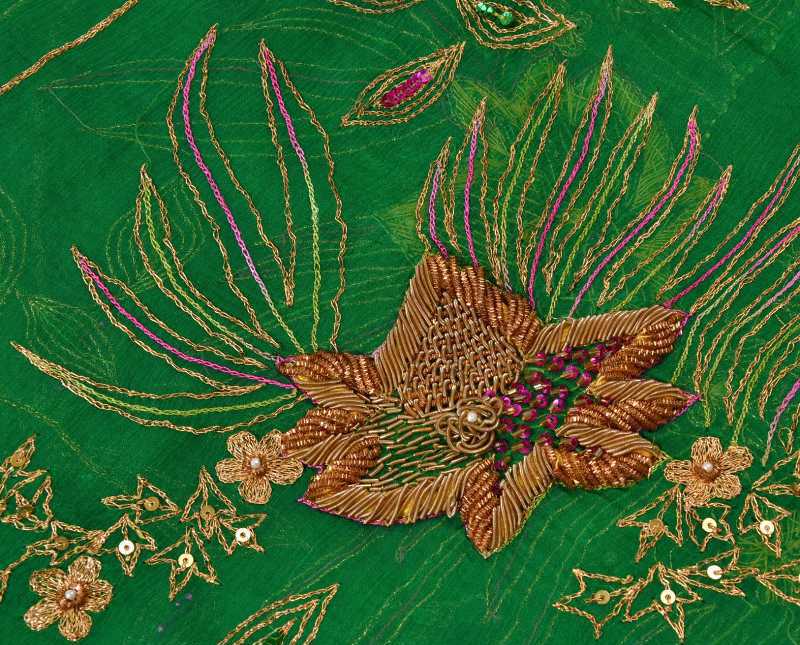===
0239,
11
===

=== |
 |
bed : 'Willow; cane, ratan, Calamus rotang ... ; — bed-e majnuu;N , s.m. A species of willow'. (Platts p.207)
FWP:
SETS
MOTIFS == WINE
NAMES
TERMSThis is the last of five verses of a verse-set. For a full discussion see the first verse, {239,7}.
Apparently the mysterious voice is still speaking, wrapping up its 'sic transit gloria mundi' motif. The young men drinking wine used to 'sway' in their intoxication; now the wine and wine-drinkers are all gone, leaving only the willow tree 'swaying' in their place. So far, the verse continues the imagery of the previous verse, {239,10}, in which flowers replaced wineglasses.
But suddenly comes that sinister, even shocking second line, about which SRF writes so eloquently. For it seems that the keeper of the wine-house is not just gone who knows where, like Jamshid and the young drinkers; instead, his head is being used as a 'brick' or stopper for the wine-cask. No doubt this could be an image of violence and sudden death, as SRF chiefly proposes. But his second reading is there too: that it's just more of the wheel of time. Perhaps the wine-house keeper's head has turned to dust, and the dust has been made into a 'brick'? To my mind this quieter reading better accords with the mood of the rest of the verse-set. For another use of the same image, compare
{6,3}.
And it better accords with the tone of the final verse, {239,12} (though this is not part of the verse-set):
miir is ;Gazal ko ;xuub kahaa thaa .zamiir ne
par ai zabaa;N-daraaz bahut ho chukii ;xamosh[Mir, your imagination has well composed this ghazal
but, oh you impudent/'long-tongued' one, you've said plenty already-- be silent!]